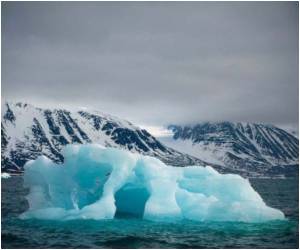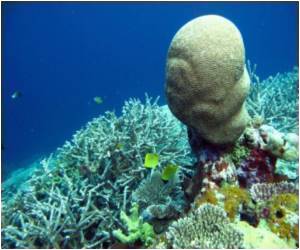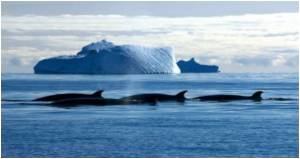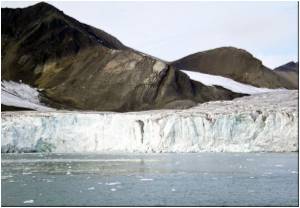Researchers have said that measurements from ESA's CryoSat satellite show that the volume of Arctic sea ice has significantly increased this autumn.

In October 2013, CryoSat measured about 9000 cubic km of sea ice - a notable increase compared to 6000 cubic km in October 2012.
Over the last few decades, satellites have shown a downward trend in the area of Arctic Ocean covered by ice. However, the actual volume of sea ice has proven difficult to determine because it moves around and so its thickness can change.
About 90 per cent of the increase is due to growth of multiyear ice - which survives through more than one summer without melting - with only 10 per cent growth of first year ice. Thick, multiyear ice indicates healthy Arctic sea-ice cover.
This year's multiyear ice is now on average about 20 per cent, or around 30 cm, thicker than last year.
Source-ANI
 MEDINDIA
MEDINDIA




 Email
Email




